
Sidopac 8mg Tablet
Manufacturer
Remandish Pharma Pvt Ltd
Salt Composition
Silodosin (8mg)
Key Information
Short Description
Sidopac 8mg Tablet is an alpha-adrenergic antagonist used to treat benign prostatic hyperplasia, relieving symptoms like difficulty in passing urine.
Dosage Form
Tablet
Introduction
Sidopac 8mg Tablet is advised to take it in a dose and duration as per prescription. It should be taken with food but take at the same time regularly. Swallow the medicine as a whole without crushing or chewing it. You should not stop taking the medicine without consulting the doctor as it may lead to the worsening of your symptoms. The course of the treatment should be completed for better efficacy of the medicine.
Directions for Use
Take this medicine in the dose and duration as advised by your doctor. Swallow it as a whole. Do not chew, crush or break it. Sidopac 8mg Tablet is to be taken with food.
How it works
Sidopac 8mg Tablet is an alpha blocker. It works by relaxing muscle around the bladder exit and prostate gland so urine is passed more easily.
Quick Tips
Helps in relieving the symptoms of enlarged prostate Does not decrease the size of the prostate Must be taken with food You will feel better within hours or days of starting the treatment Full effect is usually seen within 2 weeks
Related Medicines
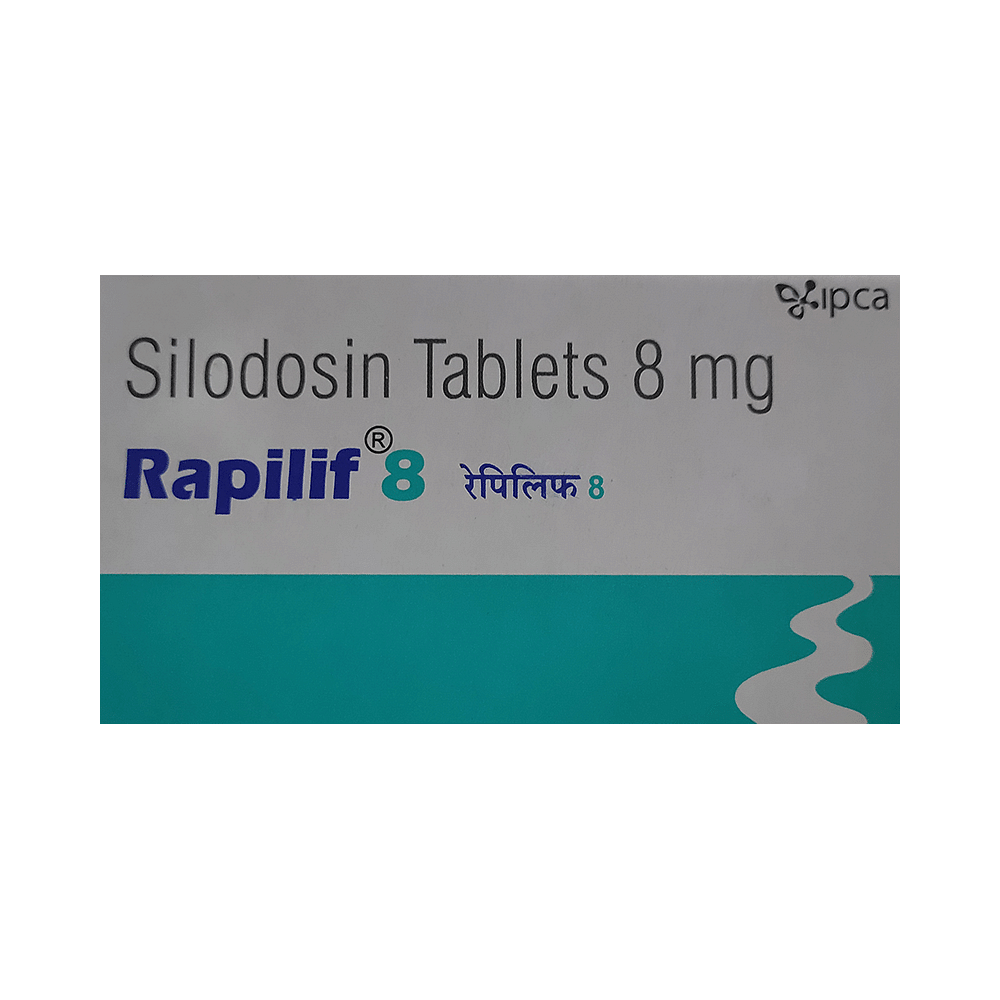
Rapilif 8 Tablet
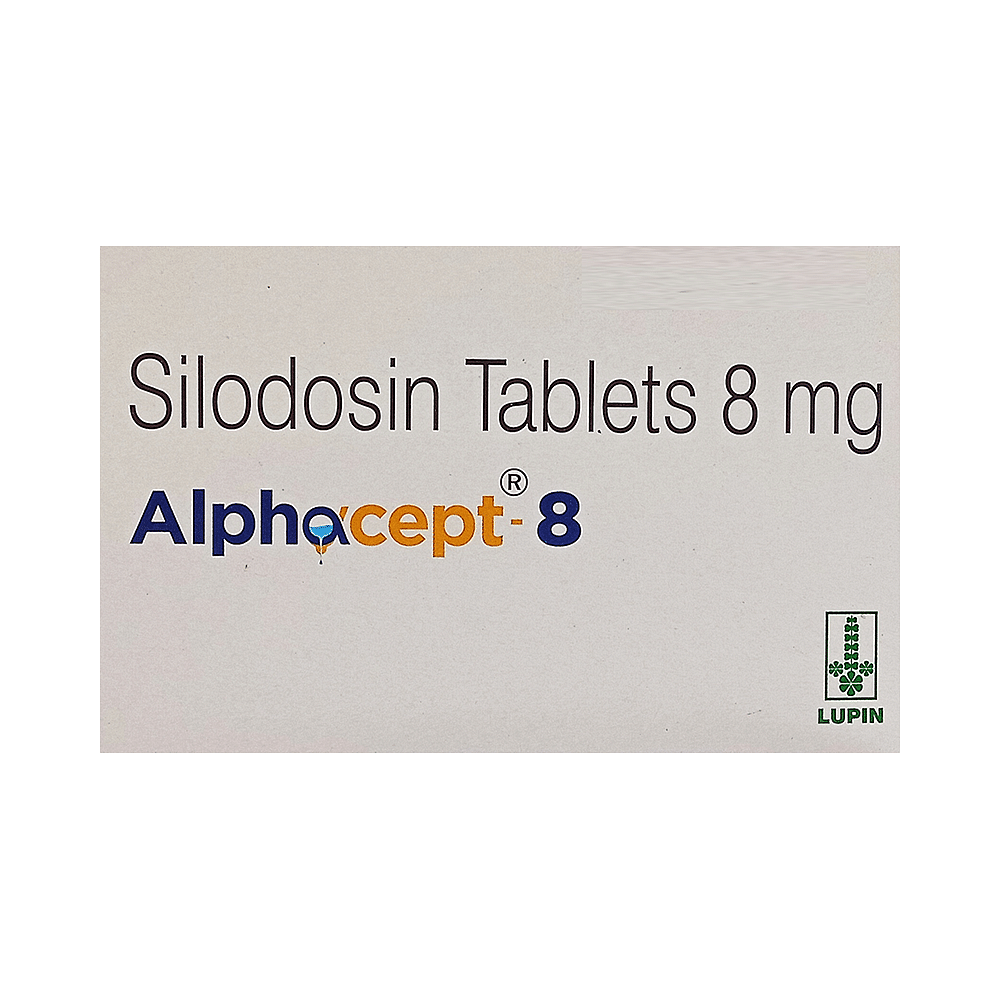
Alphacept 8 Tablet
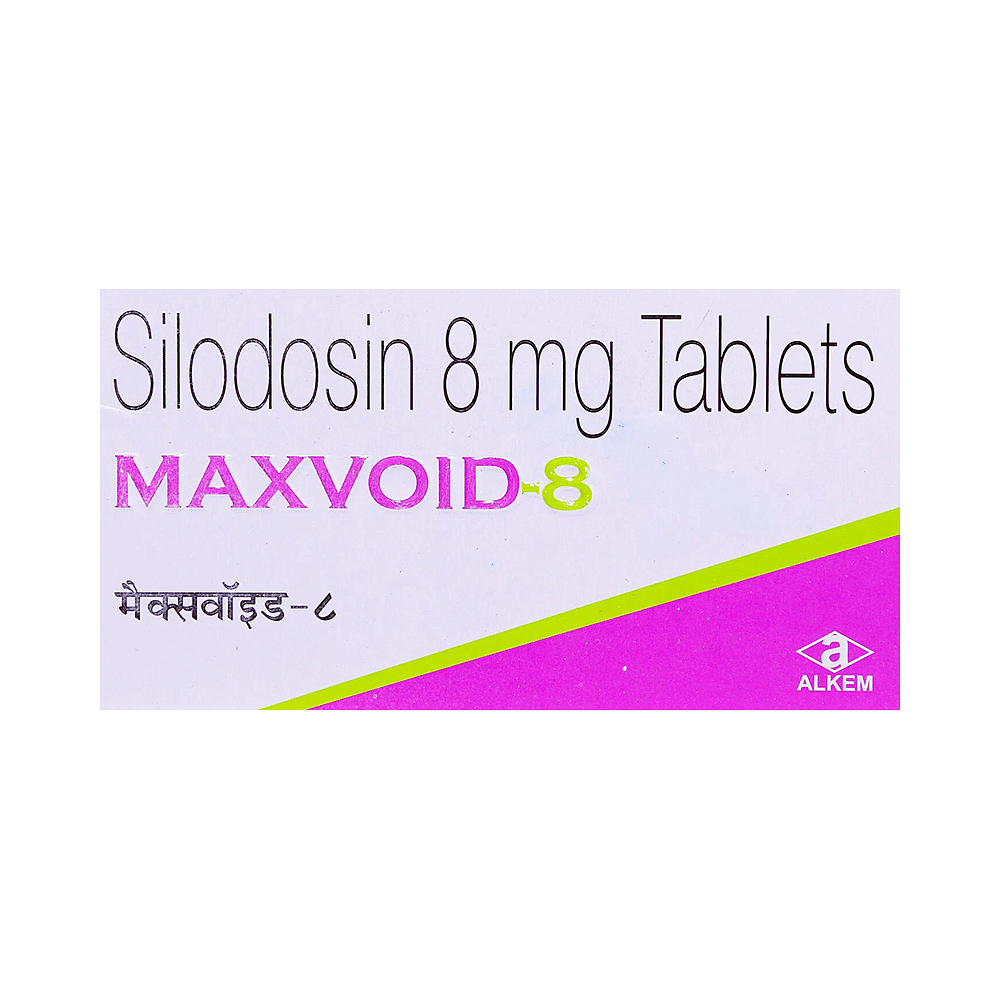
Maxvoid 8 Tablet

Sildopace 8mg Tablet

Drsildal 8mg Tablet

Silohigh 8mg Tablet
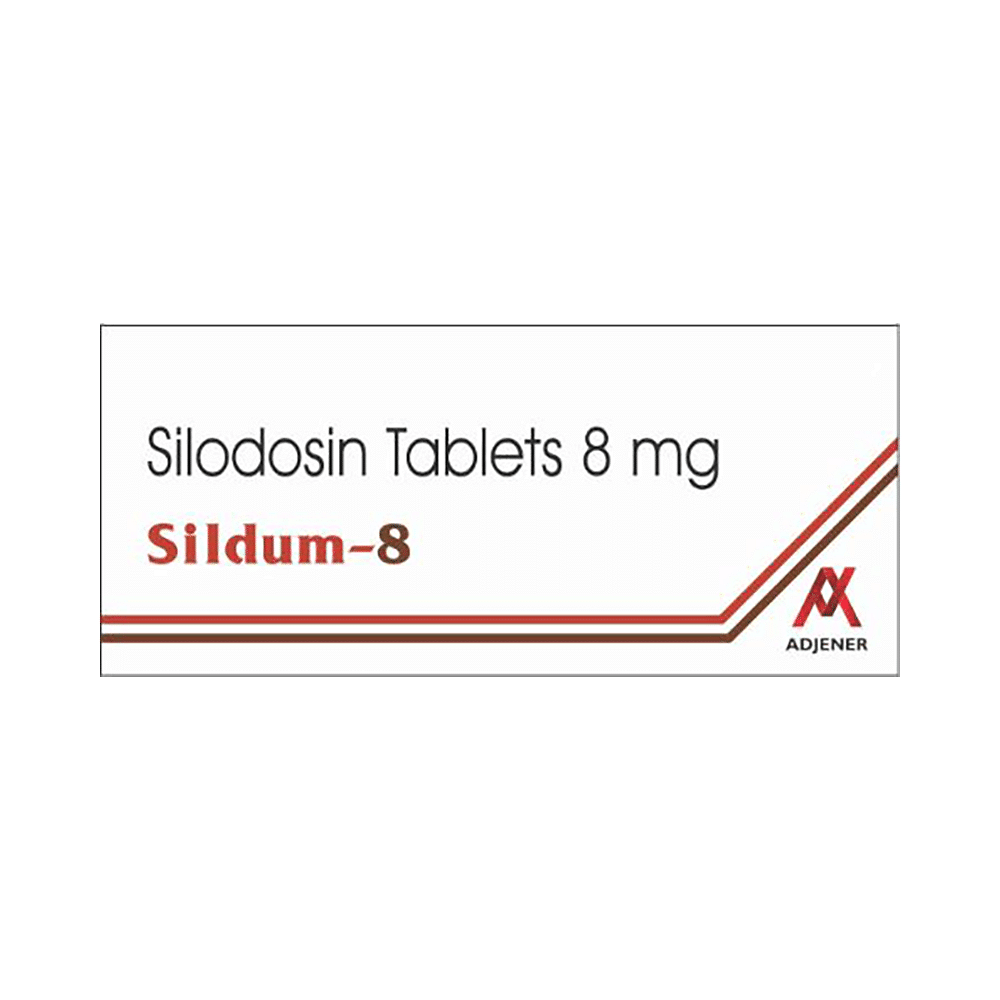
Sildum 8 Tablet

Silodocia 8 Tablet

Silosam 8 Tablet
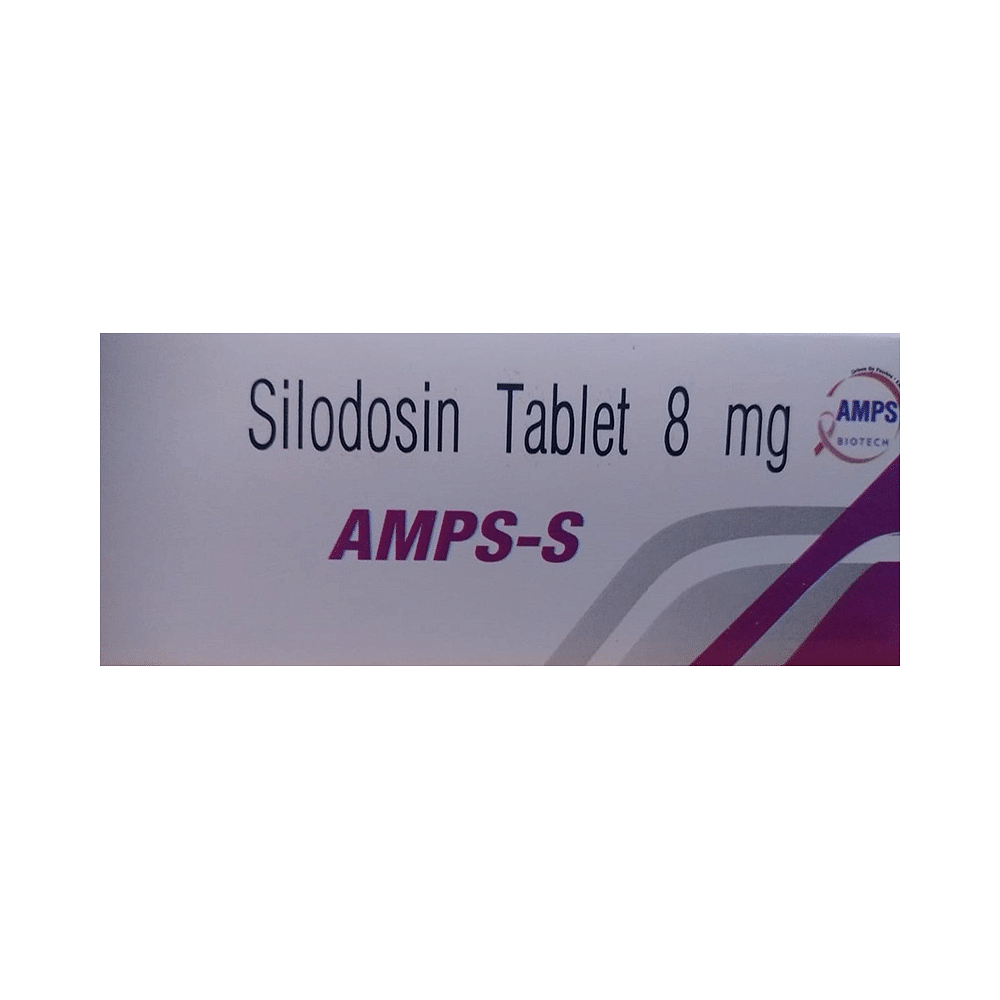
AMPS-S Tablet
Frequently asked questions
What is Sidopac 8mg Tablet used for?
Sidopac 8mg Tablet is prescribed for the treatment of difficulty with urination, urinary dribbling, a strong urge to urinate, and frequent urination during the night. It also helps relieve other symptoms associated with benign enlargement of the prostate gland. This medication works by reducing the tension in the muscles of the urinary tract, such as the prostate and urethra. This facilitates an easier flow of urine through the urethra, making it beneficial for men experiencing difficulty urinating.
When should I take Sidopac 8mg Tablet?
It's usually recommended to take the dose of Sidopac 8mg Tablet daily with a meal. It is best taken at the same time each day. In patients with any kidney impairment, the dosage needs to be adjusted by their doctor. For patients who are unable to swallow capsules, they can open the capsule and sprinkle the powder onto a tablespoon of apple sauce. Consume this mixture immediately within 5 minutes without chewing and then drink a glass of cool water right after.
Can I undergo cataract surgery while taking Sidopac 8mg Tablet?
There is specific side effect information regarding the use of Sidopac 8mg Tablet on the eyes. It has been observed that during an eye surgery, the iris can become floppy and the pupil size can become smaller in patients taking this medication. This makes the operation difficult and tedious. Therefore, it's crucial to always inform your ophthalmologist about any past use of Sidopac 8mg Tablet. Also, before starting treatment, ensure you inform your doctor about all medications you are currently taking.
Can Sidopac 8mg Tablet cause erectile dysfunction?
Sidopac 8mg Tablet generally does not affect erectile function. However, it might cause other sexual problems like ejaculatory dysfunction and difficulty in ejaculating. If you experience any side effects or unusual feelings while taking this medication, contact your doctor immediately.
Does Sidopac 8mg Tablet lower blood pressure?
Yes, Sidopac 8mg Tablet may cause a drop in blood pressure. This is most commonly seen during the first dose of this medication. It's essential to be cautious when driving or operating machinery during the initial days of treatment, as you might experience dizziness or fainting.
Can I take sildenafil while taking Sidopac 8mg Tablet?
It's crucial to consult your doctor before starting both medications. Sidopac 8mg Tablet can sometimes cause low blood pressure and fainting. Combining Sildenafil with Sidopac 8mg Tablet might worsen these conditions, and increase the risk of dizziness or fainting in some sensitive patients. This combination may also pose a greater risk for individuals who are prone to fainting.


